~$21 Mn
Market Size
4.9%
CAGR
~$27k Mn
Forecast

*Note: Name, Email and Phone Number are mandatory.

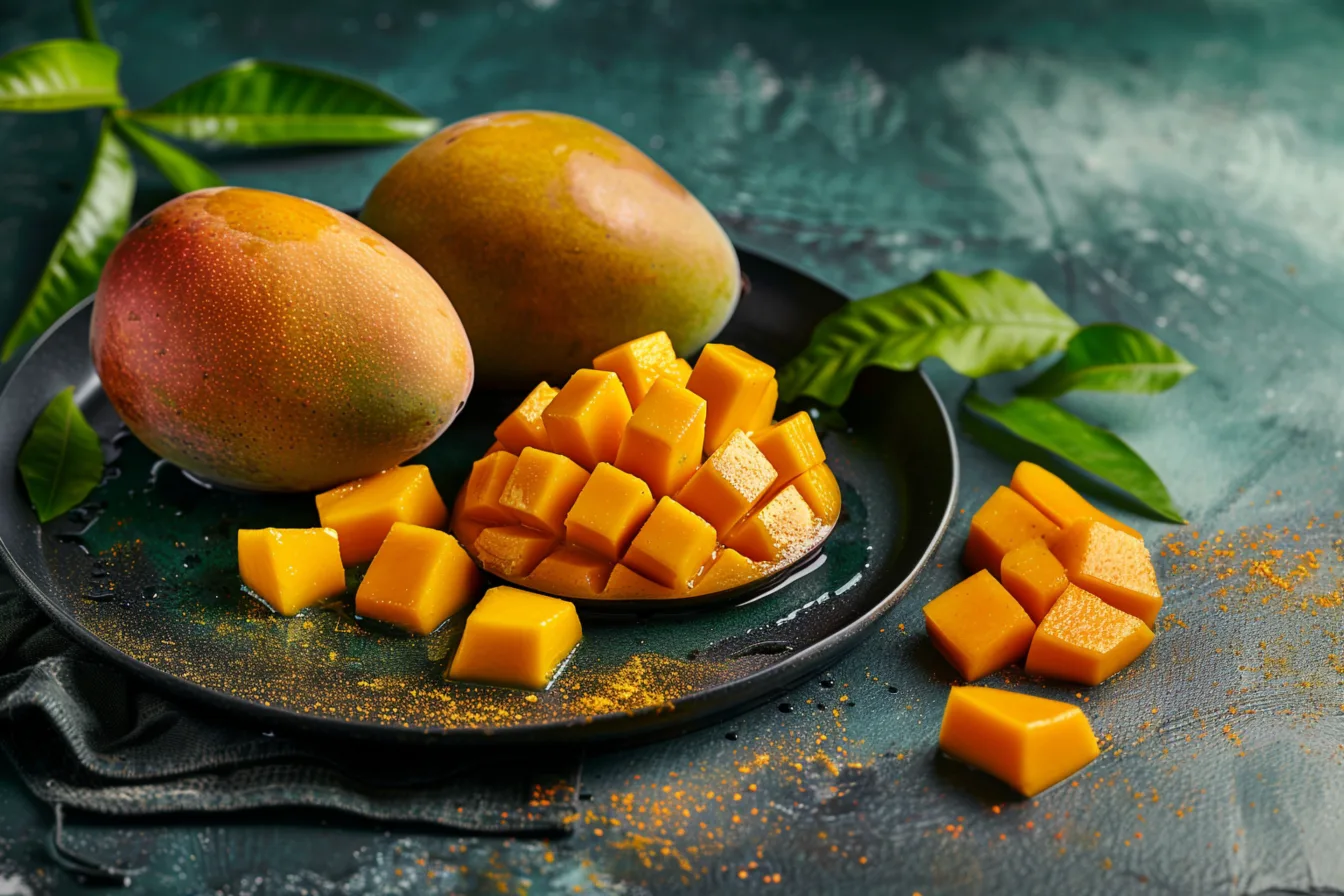
With increasing global demand for fresh and processed mango products-such as dried mangoes, juices, and purees-Africa is well-positioned to become a leading supplier to international markets with substantial export opportunities, particularly to Europe, Asia, and North America.
With increasing global demand for fresh and processed mango products-such as dried mangoes, juices, and purees-Africa is well-positioned to become a leading supplier to international markets with substantial export opportunities, particularly to Europe, Asia, and North America.
~$21 Mn
Market Size
4.9%
CAGR
~$27k Mn
Forecast
$200 Mn
annual export value of mangoes from Africa
4 Mn MT
estimated annual production of mango in Africa
70%
of European mangoes are imported from Africa

Abundant Resources and Ideal Conditions: Africa has over 4 million hectares dedicated to mango cultivation, with West Africa alone producing nearly 1.5 million tons annually. The continent's tropical and subtropical climates are perfect for high-quality mango production, ensuring a reliable supply for investors.
Government Incentives: Several African countries with special economic zones, such as in Côte d'Ivoire, Nigeria and Benin, offer tax exemptions, subsidies, and support for infrastructure development in the agricultural sector, making it easier and more profitable for investors to enter the mango business.
Value Addition and Profitability: The global processed mango products market is expected to reach $21 billion by 2025. Africa's capacity to produce high-quality varieties, combined with the growing demand for dried mango, juices, and purees, offers investors lucrative value-addition opportunities with high profit margins.








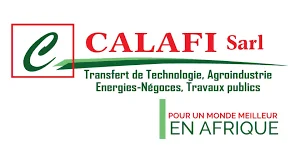



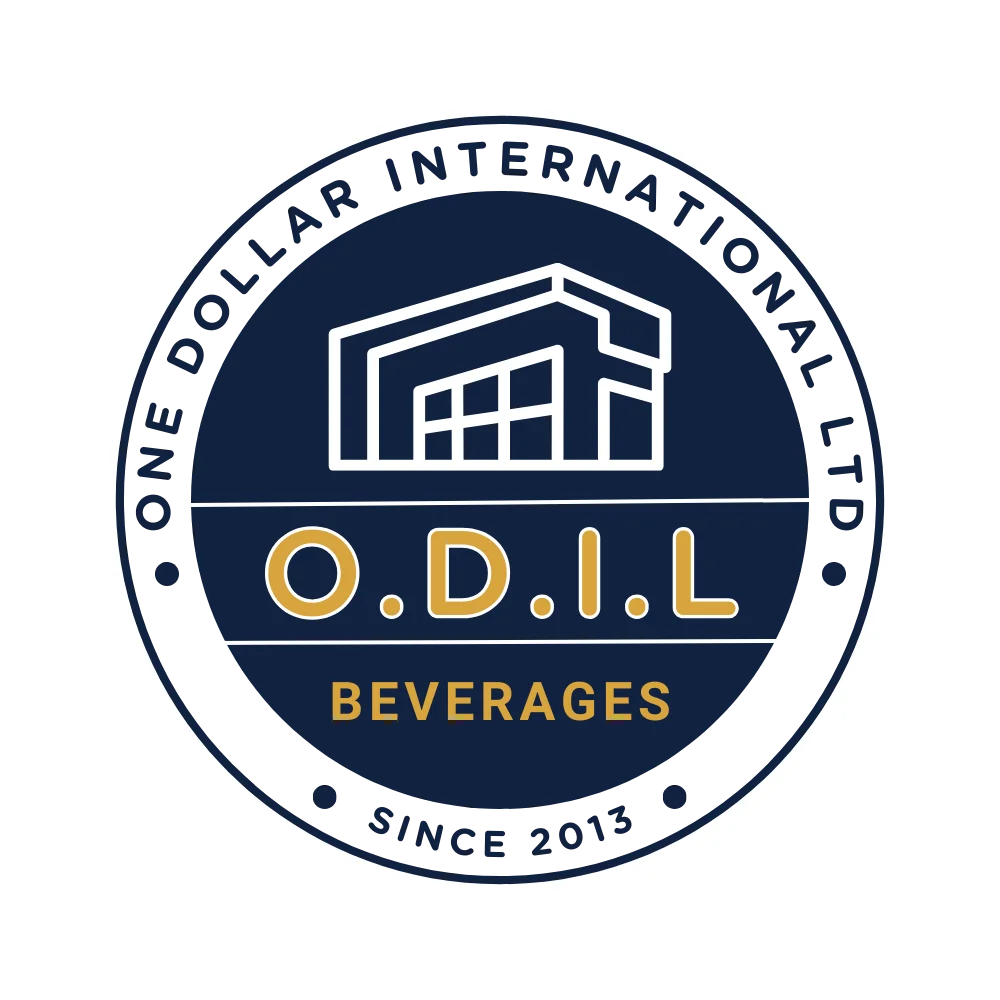
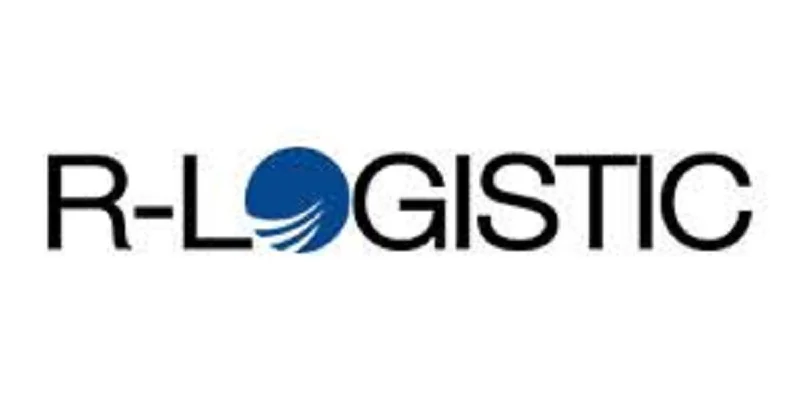





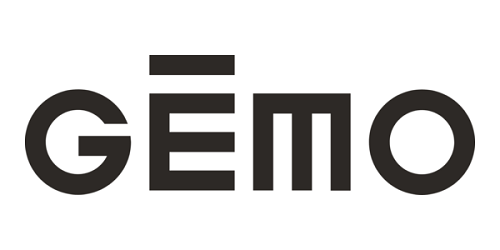




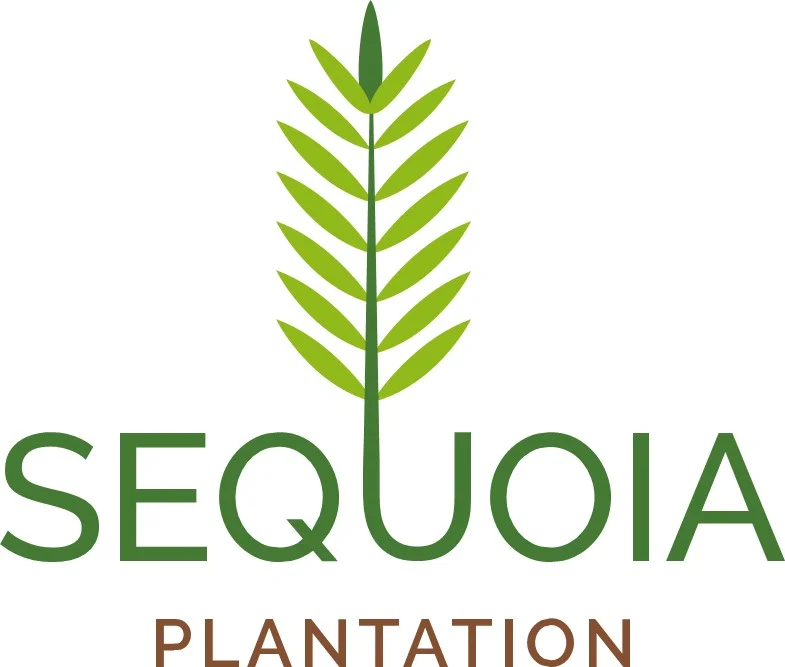


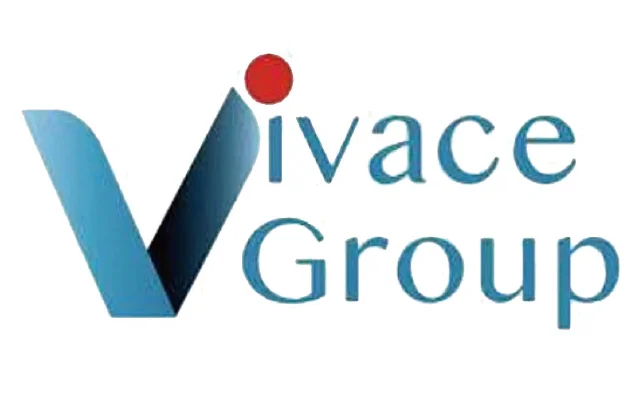

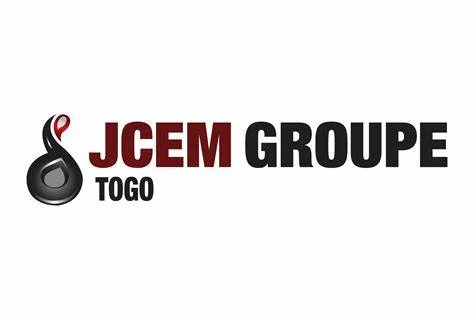
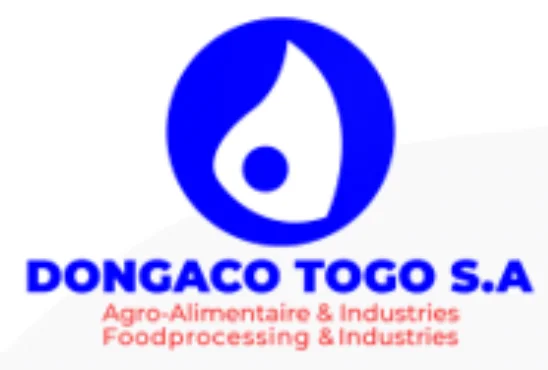













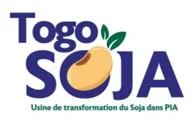
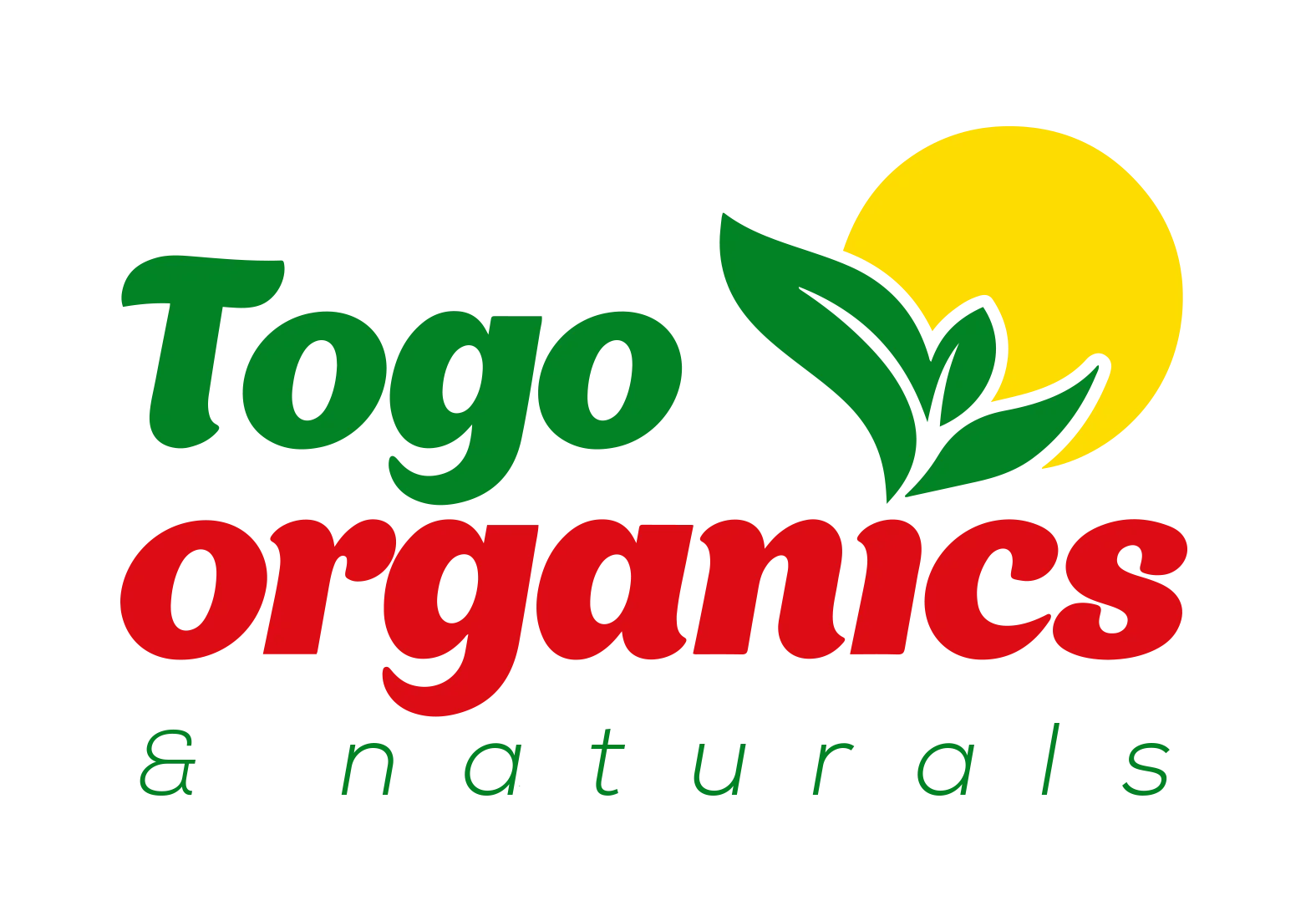
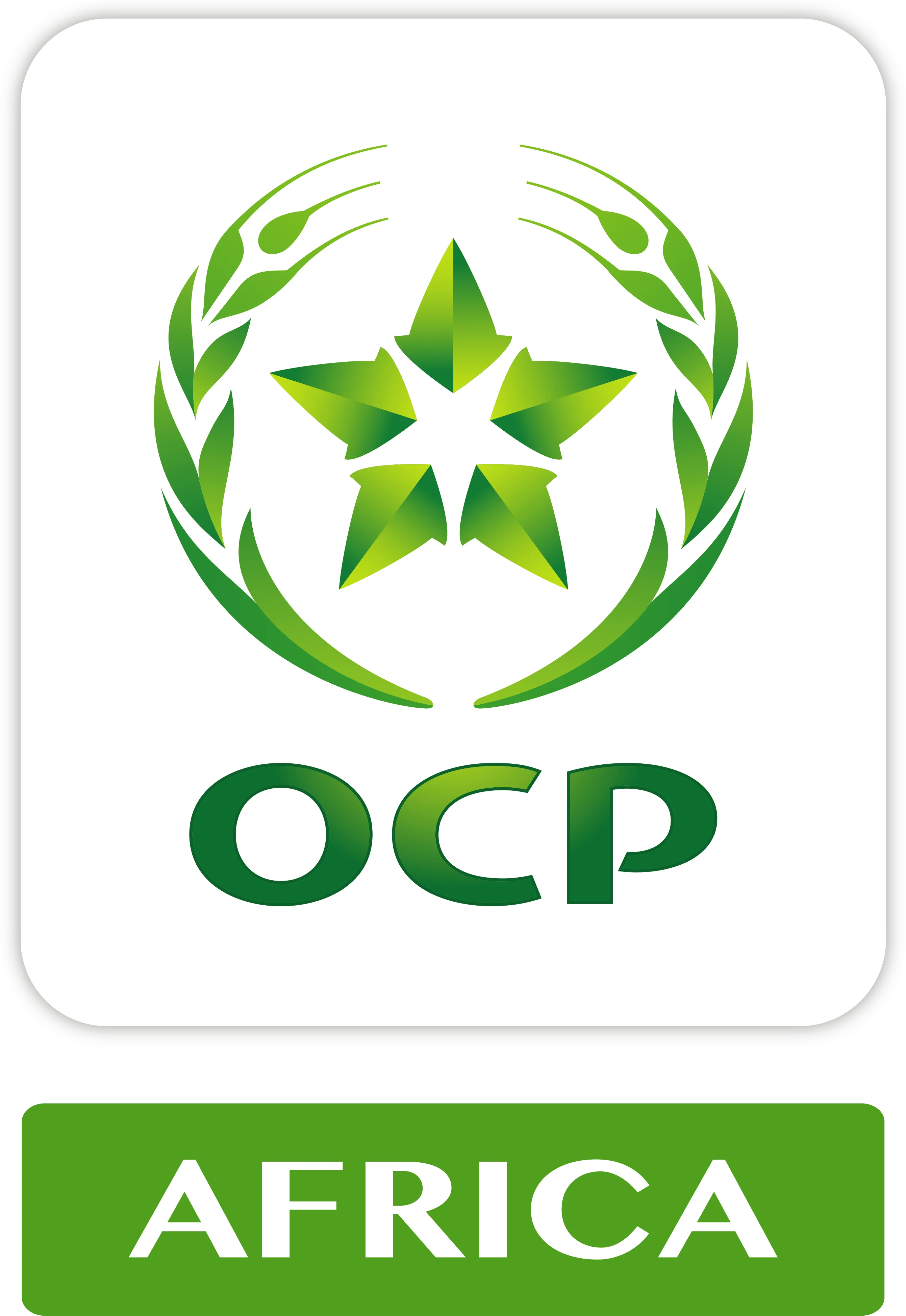
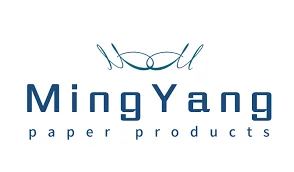

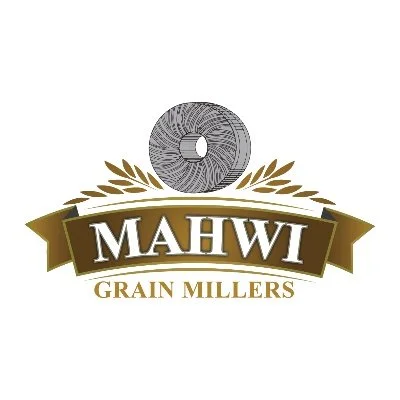





Profitability & Value Chain Opportunities
Africa Industry Insights
Industry Overview
Industrial Zones & Setup Benefits
Compare
Dear investor, please compare similar category items- either Locations or Opportunities.
*Already subscribed.
*Enter your name/email.

Sign up for exclusive investment alerts.
Already subscribed? Skip
Thank You For Subscribing to
Africa For Investors.

You will be redirected to AFI’s Linkedin Profile in 10 seconds.
Stay On AFI Website